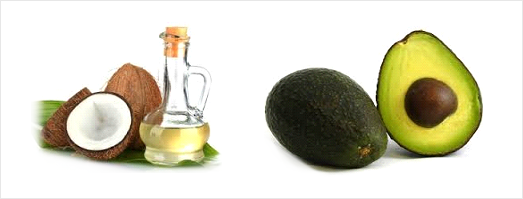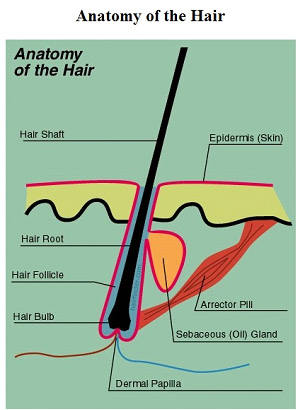Hair care
Hair care
Hair fall is a physiological process and also considered as a part of ageing process by many. It can be prevented and managed well provided we choose to do and eat the right things. Humans have over 2 million hair follicles, which collectively have significant influence on skin health. Hair grows in groups of 1 to 4 hairs called hair follicles. We all are born with all the hair follicles we will and these hair follicles replenish themselves by going through different phases. Worrying over excess hair fall is now very common. We all tend to have an average of 80-90 hair per day lost. Maintaining hair is relatively easy with the right kind of steps to follow. Hair is made of protein, so keeping a healthy diet and good hygiene is an essential part of maintaining luscious locks. Massaging your scalp for a few minutes daily and avoiding combing wet hair will help in preventing it, says a hair expert.
Some tips to prevent hair fall and restore the hair health naturally:
- Hair massage treatment : Massaging your scalp for a few minutes daily will help stimulate circulation. Good circulation on the scalp keeps hair follicles active and rejuvenated. Take organic olive or coconut oil; mix two drops of lemon in it. Massage it gently into your scalp. Put on a shower cap and leave it on for an hour, then shampoo your hair.
- Wash hair sparingly and use a good-quality shampoo: Washing hair too often can leave hair dried out, and it can lose its natural oils easily, and may damage your hair on a long run. Aim to shampoo your hair at most every other day or even only twice a week.
- Avocado and coconut oil hair mask: Take 50ml Organic coconut oil and mix with half of a mashed-up ripe avocado; leave this hair mask in hair for 15 minutes, then wash and condition. It’s a fast and inexpensive natural remedial method that leaves hair smooth.

- Paraben-free shampoos: Shampoos that do not contain sulphates or parabens are best. Sulphates are the chemicals that make shampoos lather up. Parabens are preservatives that cause irritation and eye problems after prolonged use. Both of these chemicals are not healthy for you or the environment so try to use shampoos with natural cleansers.
- Homemade hair spa: Blend some drops of olive oil in warm water and dip a heavy towel in the water for two minutes and then cover your hair with the towel. This will give your hair a natural spa. For some it is also well known as ‘hot towel treatment technique’
- Hair Rinse method: Rinse your hair with vinegar before shampooing, at least twice a year. Doing this helps to make hair look shinier and cleaner; plus, it treats dandruff which is often the reason for hair fall. Use 1 part vinegar (preferably organic apple cider vinegar) to 3 parts warm water, then rinse and wash your hair as normal.
- Moisturize your hair: Use any one of the four oils: almond, castor, olive, and lavender oils. Mix together equal proportions of each in a base oil of your choice, ideally best suited is coconut oil. Apply to the hair and leave in for four hours prior to showering out. Repeat twice a week. Doing this regularly will keep the hair nourished and in good condition
- Natural Hair-drying process: Let the hair dry naturally. I have always followed this method since childhood and I can surely prove it to be the most effective method. After you get out of the shower, wrap your hair in a cotton T-Shirt or any thin cotton fabric. Towels are made of fabric that is very rough, harsh and damaging to your hair, causing fizziness, hair fall and split ends. Avoid brushing hair while wet, as it makes the hair brittle and weak. Only use a wide tooth comb to brush out tangles while hair is wet. Try not to use a blow-dryer. Healthy hair does not respond well to heat. Hair can sustain heat damage easily, especially from blow-dryers. If you have to use a blow-dryer, dry your hair using the lowest-temperature setting and limit usage to once a week.
- Hair Dye: Treat or dye your sparingly, if at all. Dyeing and treating your hair can take a lot out of it. People who opt for keeping their hair naturel o and dye free often don’t experience the same problem with dry, damaged, or over-processed hair. If you do dye your hair, try it every once in a while. It should respond favourably indeed. Avoid perming, crimping, straightening, curling, and bleaching or repeatedly colouring hair if possible.
- Do not comb wet hair: It is best not to comb wet hair as this leads to greater chances of hair breakage and fall. Let it be dry or semi-dry before combing

